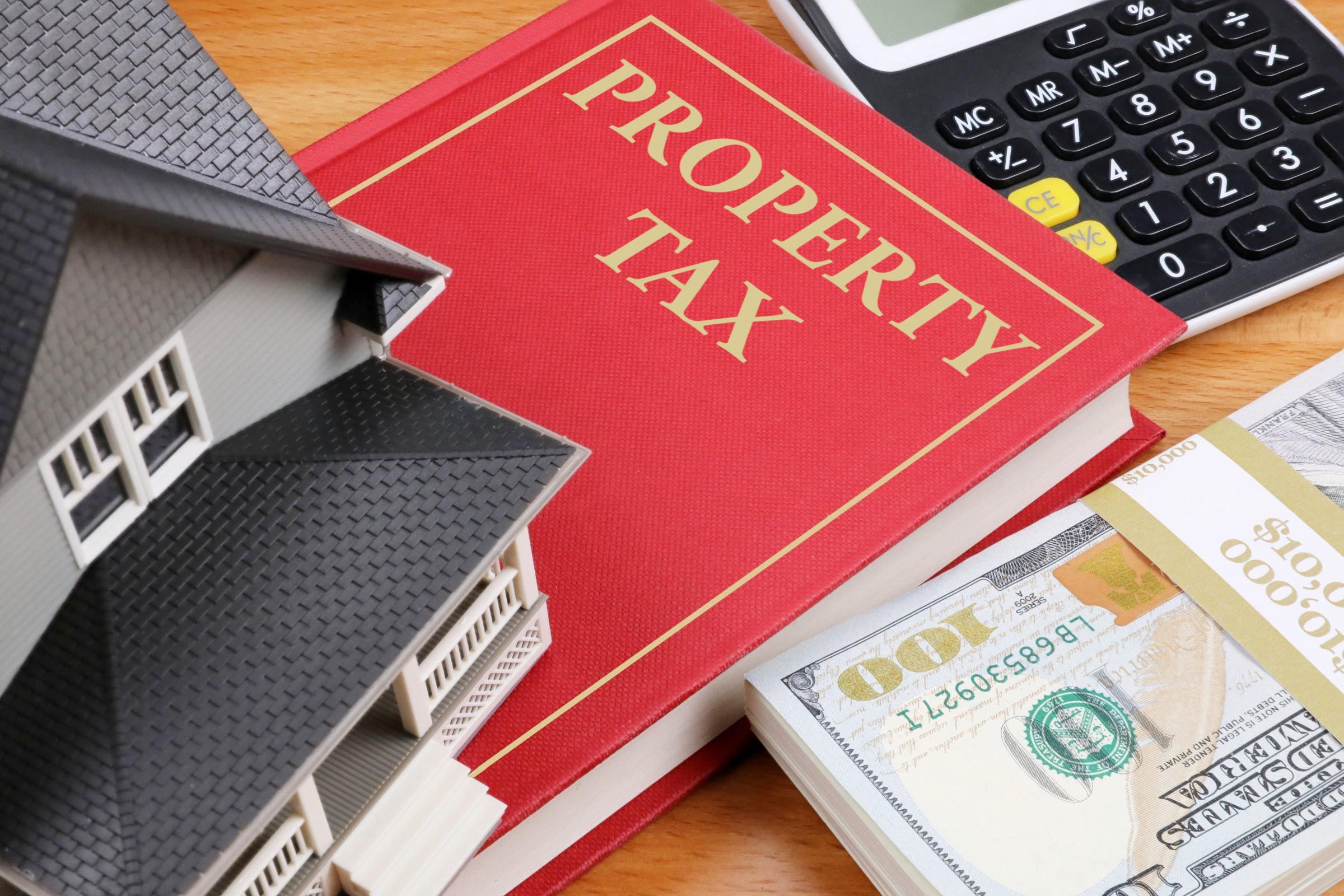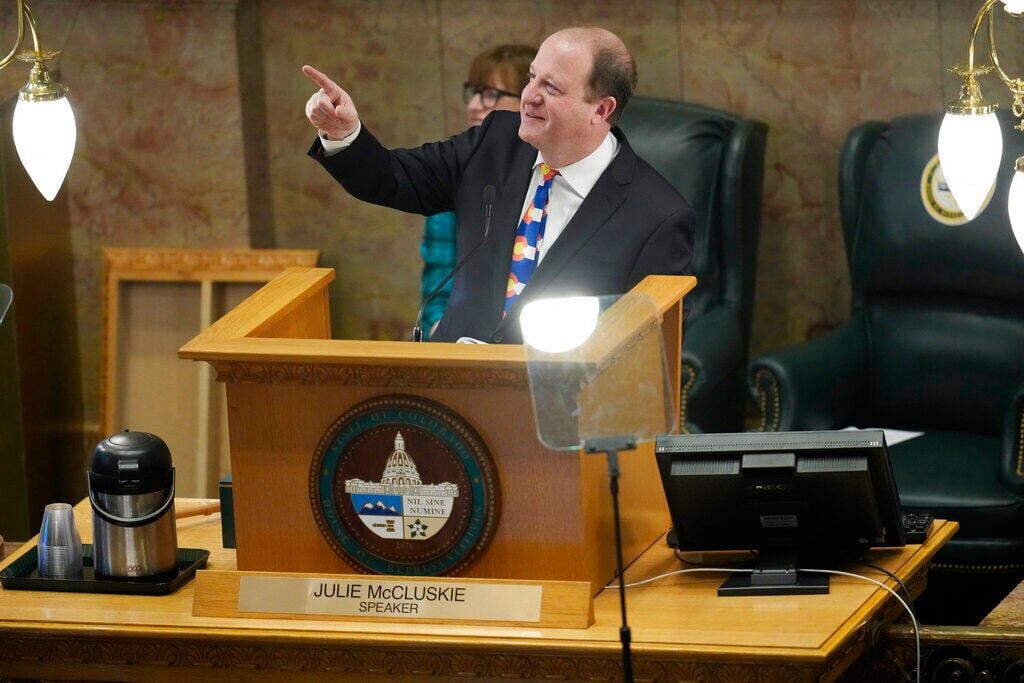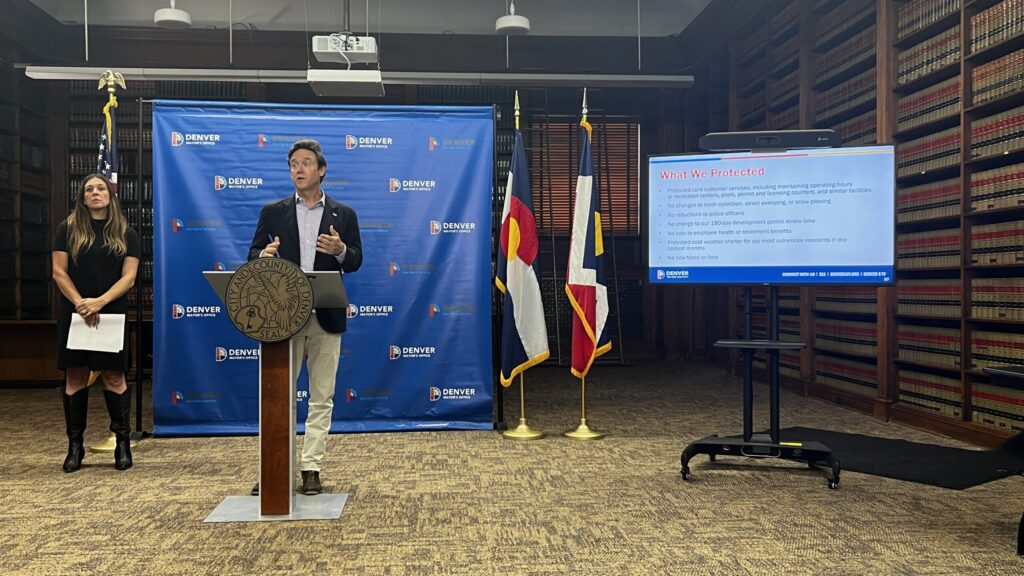Gov. Jared Polis’ property tax relief plan — explained

Gov. Jared Polis and the Democrat-controlled General Assembly responded to skyrocketing property tax valuations by enacting legislation aimed at cutting by half the anticipated sharp hike in valuations.
How will this proposal tackle valuation increases?
Democrats seek to cut by half the expected valuations via two bills. Senate Bill 303, which Polis signed Wednesday, would ask voters in November for permission to raise what’s called the Referendum C cap by 1% and keep that additional revenue for a 10-year period. That would generate about $167 million per year, which in turn would be funneled to local governments to hold them harmless from reductions in property tax revenue. House Bill 1311, which the governor has not yet signed, would equalize TABOR refunds that taxpayers would get through next year’s April tax filing. Under the measure, all taxpayers would get the same amount, regardless of income level, at $661 per person or $1,322 for joint filers, a one-time change from the current system that bases the TABOR refund on income levels.
Do voters need to approve the proposal?
Yes. The proposal to equalize TABOR refunds to $661 per person won’t take effect if voters do not approve the proposition seeking voters’ permission to implement the provisions of SB 303.
How exactly does the plan offer tax relief?
Senate Bill 303 cuts property tax valuation assessments for both residential and non-residential property. For example, lodging property and other nonresidential property, not counting agricultural property and renewable energy production property, will go down from 29% to the following:
-
27.85% for 2024 through 2026
-
27.65% for 2027 and 2028
-
26.9% for 2029 and 2030
-
25.9% or 26.9% for 2031 and 2032, depending on a few other factors
The legislation also creates additional reductions to the current valuation of residential real property, which is based on an assessment rate of 7.15% of actual value. For the 2024 property tax year, for example, the valuation for multi-family residential real property will go down from 6.8% to 6.7%, along with a $50,000 reduction in valuation. The temporary reductions would expire after 10 years.
















